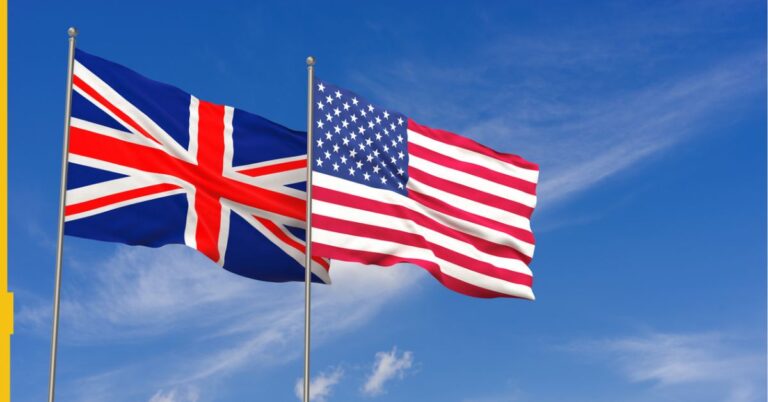We’ve reached a stage in the UK where we expect licensed operators to provide advanced technology that picks up on the slightest change in an individual’s gambling habits. In addition, the ongoing debate as to whether the allowance of sports betting sites to sponsor football clubs is problematic shows no sign of abating.
But what for the US? Naturally, with fewer years of licensed online sports betting under their belts, we’d perhaps expect to see less safer gambling provision than in the UK. Or could we assume that by following the lead and learning from the mistakes and movements of other jurisdictions, a stronger dedication to safer gambling should be on the agenda from the offset.
To gauge a clearer understanding of where we currently stand, let’s look at the stats.
In 2023, the UK holds a stable 27% online gambling participation rate — this has remained since 2022 and stands lower than the pre-pandemic level of 35%. As you may already be aware, the UK has a 0.3% overall problem gambling rate, which is statistically lower than most other countries. In the first quarter of 2023, stats showed that moderate risk and low risk rates have stuck at 1.2% and 1.8% respectively.
In contrast, it is hard to find a solid figure for problem gambling rates in the US due to its state-by-state mode of operation, however various organisations level the percentage between 1.2% and 6.2%. This means that up to 20 million US residents have, or are at risk of, problem gambling.
But what helps the UK retain its low levels of negative gambling habits and is there something the US could initiate in order to stifle a potentially increasing risk as more and more states agree to legalised gambling?
Looking at support networks in the UK, we have a broad range of organisations offering professional guidance and advice on safer gambling measures. GamCare was set up in 1997 following an initial grant from the National Lottery.
It now stands as a leading authority and ‘go to’ for research and support, whilst providing a national helpline and layer of protective tools that, alongside Gamban and Gamstop, outline steps for safer gambling habits. Online gambling became legal in 2005 so we could see GamCare’s work as a great way of levelling the bar for protective measures.
In a similar thread, the US has the Responsible Gambling Council which has worked for over 35 years to put safeguards in place for those who gamble. This is a great precursor for the legalisation of online gambling, however we haven’t seen the same heightening of safer gambling provisions or organisations emerging quite like we have in the UK.
Does this suggest a disparity in attitude towards safer gambling measures between the two countries? Stats would say maybe, however I’m torn as to whether this is the case or if we need to wait another five to 10 years to see the same volume of relevant organisations in the US that are present and vocal in the UK. Following a slight variation to this thread, I think we need to look outside the general safer gambling organisations to see where the difference truly lies between UK and US safer gambling measures. Here’s a list of just of the few areas in which I feel we excel in this remit:
Safer Gambling Week: Huge across social media, Safer Gambling Week is a large set up that successfully works to educate and guide people down the right path. From 2022, the US has the AGA-established Responsible Gaming Education Month that was initiated way back in 1998 as Responsible Gaming Education Week — hopefully this will have the same impact across social media that we see in the UK.
Strict legislation of licensees: UK betting sites must provide easy links to self-exclusion provisions through GAMSTOP.
Voluntary ban on front of EPL shirt sponsors for gambling establishments: This is set to come into play at the end of the 2025-26 season.
National White Papers: While they can include some contentious issues, I feel that by simply initiating the discussion, we are educating people rather than turning a blind eye.
Podcasts inviting people to share experiences and advice: Some examples are The Problem Gambling Podcast, The Gambling Harm Podcast, and Betknowmore’s podcast dedicated to women’s experiences of gambling harm, New Beginnings.


